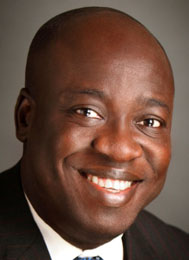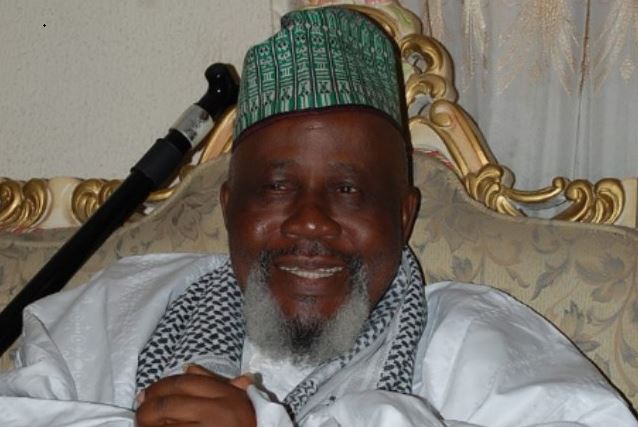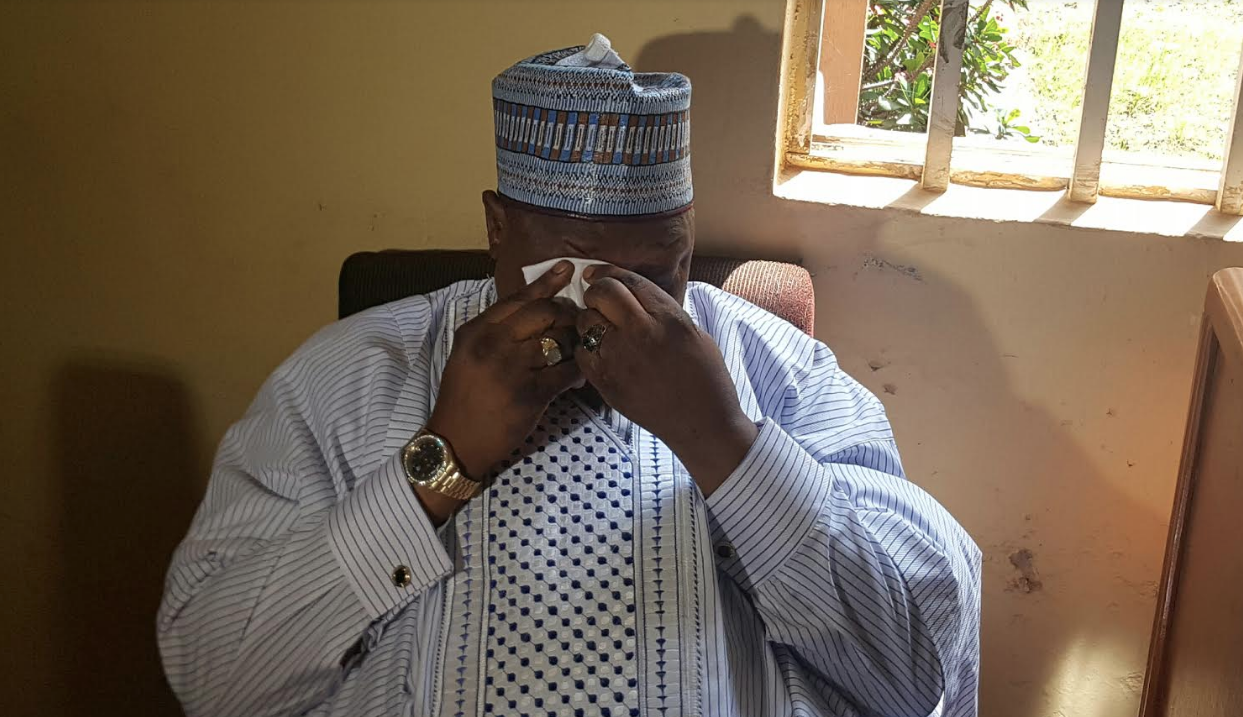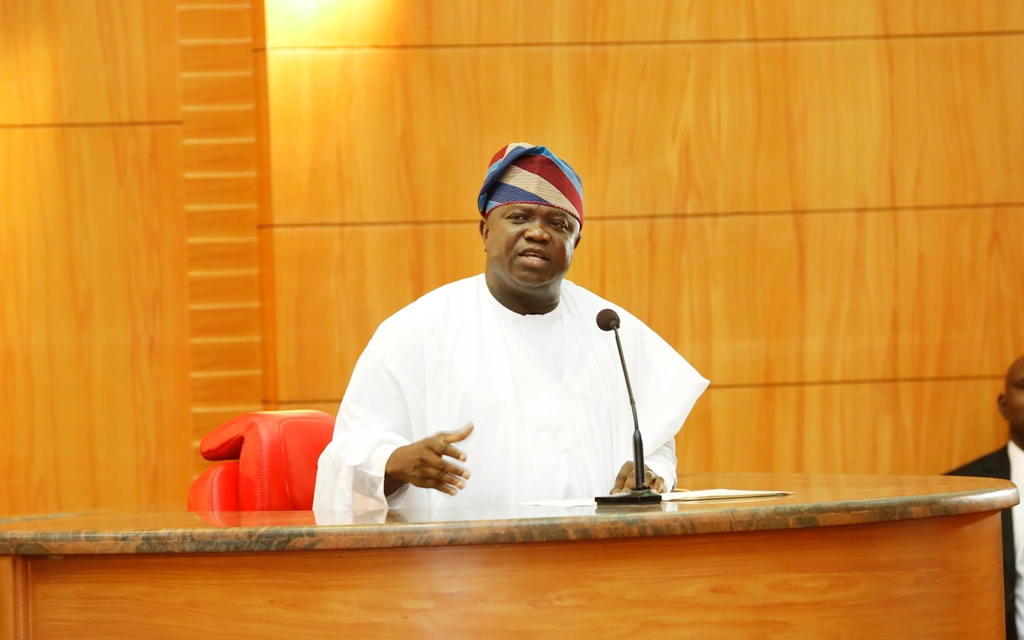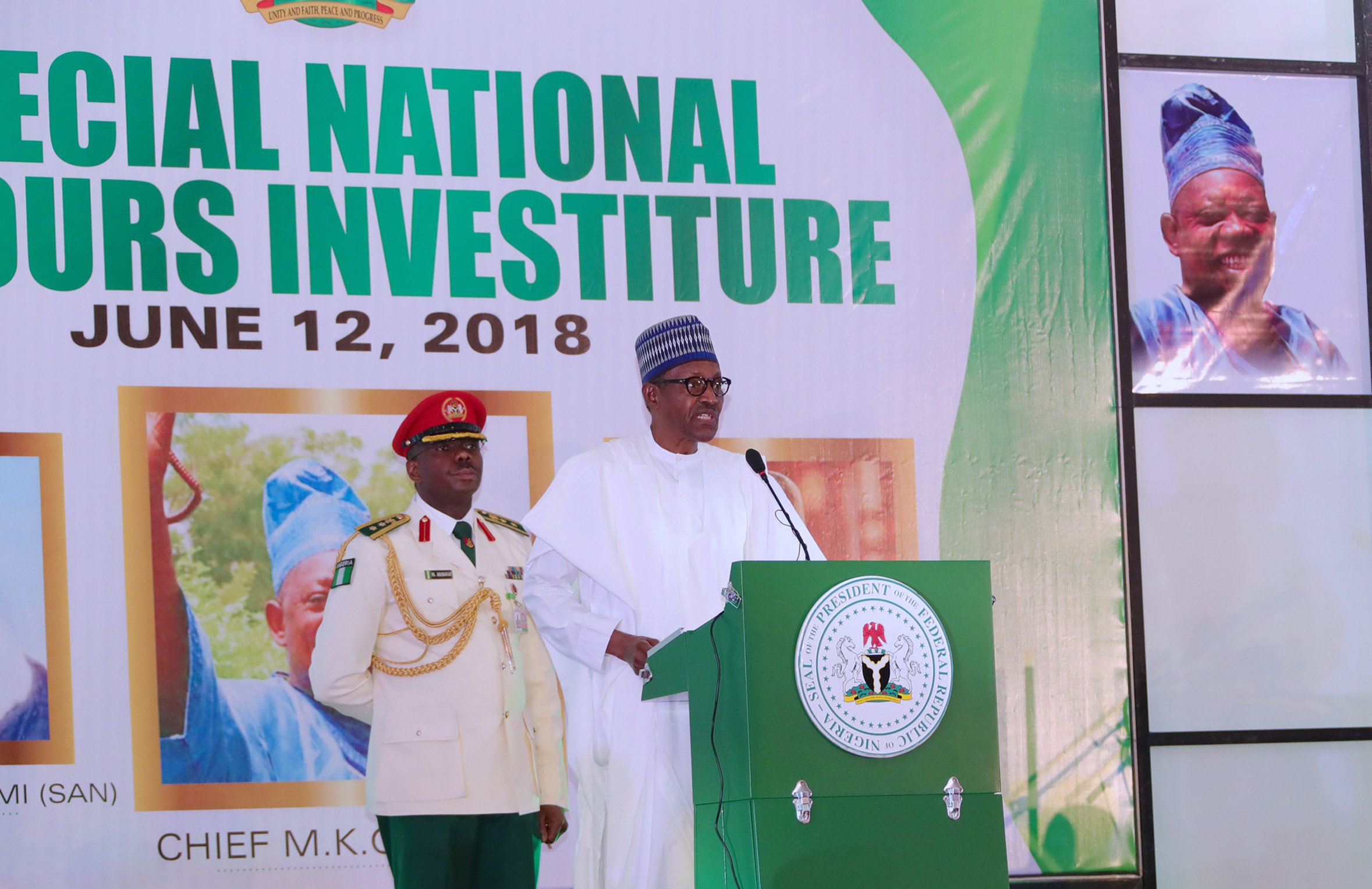Mustapha Akanbi, pioneer chairman of ICPC, is dead | TheCable.ng
In retrospect, it is now so easy to see that Mustapha Akanbi’s career started at its very end. Even though he had had a highly accomplished career at the bar and the bench, retiring as the President of the Federal Court of Appeal in 1999; it was for his role as the pioneer chairman of the Independent Corrupt Practices Commission (ICPC) that most Nigerians would remember and revere him. But the ICPC job was only a crowning glory and recognition of a life of honour, service and integrity – Akanbi was drafted to fight corruption because he was the Incorruptible Judge.
This was 2000, and Nigeria was just coming out of military rule. In addition to all other malaise that sixteen years of military rule had afflicted on the country, corruption had become a National identity. It was therefore, clear to President Obasanjo that if Nigeria must shed its pariah status and be truly readmitted into the comity of decent nations of the world, able to enjoy development support and the all-important objective of debt forgiveness; we must demonstrate a strong commitment to tackling corruption and promoting accountability.
Ironically, the new-found freedom that democracy brought to the country was mistaken by so many politicians of that era as freedom to loot. Akanbi came to fight corruption armed only with his certificate of incorruptibility and his immense power of advocacy. This proved inadequate – you cannot shoo away a pack of hyenas with a mere walking stick of personal integrity!
Despite his best efforts, corruption was enjoying great prosperity at a scale that made the military boys look like mere pick-pockets. This was a time when vaulting ambition collided constantly with massive ego. It was only a matter of time before the fight against corruption became a mere appendage to the politics of survival at the highest level of government. The old anti-corruption czar soon realised that the man who gave him the job had moved onto other priorities. If Akanbi was not complaining about poor funding to the commission, he was busy justifying to the National Assembly why ICPC was important and must continue to exist. If he was not lamenting about political interference that made prosecution difficult, he was crying over deep corruption at the very temple of justice, which had turned the courts into injunction-vending machines.
Advertisement
Sometimes in October 2002, Mustapha Akanbi was the keynote speaker at the Africa Leadership Forum workshop on anti-corruption. He lamented how senior lawyers were helping corrupt politicians to escape justice, among other things. His conclusion was a clear evidence of what the ICPC was being reduced to – a mere advocacy agency. He said: “No matter its limitations, the ICPC is very significant because it provides the only basis on which the rest of the world could see that we are serious about this corruption problem; that we are willing to tackle it. The only basis on which we can hope that someday, we too can drop corruption as a way of life. We may not have succeeded in prosecuting any big thief yet, and government at all levels may still be populated by herds of sacred cows. But ICPC has provided us with a structure to talk about corruption and to re-stigmatize this behaviour that has been so normalised over the years.”
Instead of fighting corruption, Akanbi found himself fighting for the survival of the ICPC itself. By the end of his first tenure in 2005, he decided he had had enough. He returned to his humble abode in Ilorin and to his loving wife who, despite all his accomplishments, still referred to him simply as “Lawyer”. If it had simply stopped at this stage, he would have thanked the Almighty Allah for a life well spent. But not Mustapha Akanbi. He now appeared rather in a hurry to pack as much as possible into what was left of his years. He established the Mustapha Akanbi Foundation and built the African People’s Hall. He soon built the Mustapha Akanbi Library and Resource Centre, the Nana Aishat Academy and the Ma-Assalam Islamic Foundation in memory of his beloved wife, Alhaja Mufaat Aduke, who died in 2014 in Saudi Arabia while on Hajj in company with her husband, who was the leader of the Kwara State contingent that year as the Amirul Hajj.
His work after this second retirement exemplified everything that he truly cherished. He was an intellectual, whose love for knowledge knew no bounds. He was at home with Shakespeare as he was with Karl Marx or Lenin, the Bible or the Qur’an. He was a unionist and a Pan-Africanist, who remained especially proud of his Ghanaian heritage. He was born in Ghana, where he studied, joined the Africa independence movements, worked, played football and did some boxing. Not surprisingly, the African People’s Hall is decorated with portraits of some of the leading lights in the fight for the liberation of the African continent: His hero, Kwame Nkrumah, Emperor Haile Selassie, Ahmad Sekou Touré, Julius Nyerereand, Nelson Mandela. I think I also saw Bob Marley.
Advertisement
Despite his Pan Africanist view, Akanbi somehow, managed to cope quite well as a community leader. In Ilorin, where he held the traditional title of the Wakili; I never met the gate to his house locked. Everyone came and left as they wished. For a former judge and anti-corruption czar, who must have stepped on more than a few toes, I feared that he was taking an unnecessary risk by not having a single security at the gate. Once, I brought this up with him. He grabbed my hand and declared, “Bolaji, if anybody killed me now, that person would only be doing me a favour by taking my sins upon himself. Besides, nothing can happen to you except what has been decreed by the Almighty.”
Few minutes later, I understood even more why he would not lock his gate. His wife looked in to inform him that someone had arrived. It turned out that the person was a young lady, an extended family member, who had been having issues with her husband. If he locked his gate, how would people like that have access to him? He was the one to worry about the fate of Nigeria and still concern himself with the business of someone else’s child who was behaving badly or not doing well in school.
In a community that is prone to deep divisions along the lines of political affiliations; Akanbi was the uniting force around which everyone gravitated. He never stopped being the judge in whom everyone reposed implicit confidence. Like his fluffy white beard, his impartiality was a trademark that everyone could see.
When he finally retired on Sunday June 3, all the people that he had opened his gates to trooped ceaselessly to his house. He was to be buried at 2 o’clock in the afternoon, but if you arrived at 10 o’clock in the morning, you would struggle to find a parking space. Hundreds abandoned their vehicles and walked long distances just to honour in death, the man who honoured all in life. May the Almighty Allah forgive his sins and admit to His presence, this humble servant of God and humanity – the quintessential Omoluabi.
Advertisement
Abdullahi is the national publicity secretary of All Progressives Congress (APC).
Views expressed by contributors are strictly personal and not of TheCable.
Add a comment
